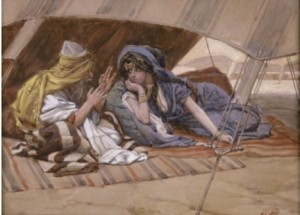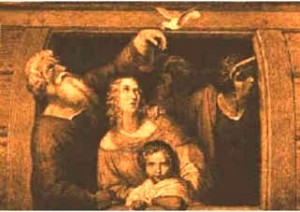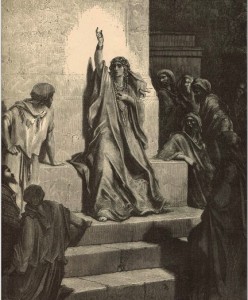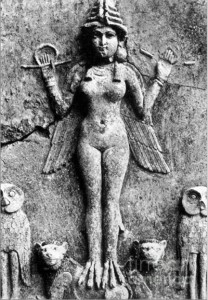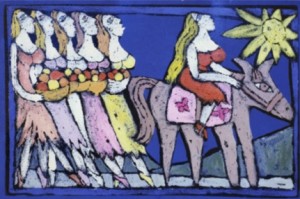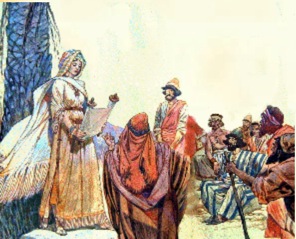The Bible both prizes Sarah and disparages her. Her high valuation is reflected by the following events:
- In Egypt, Abraham does not order Sarah but pleads for her to pretend she is his sister;
- Sarah demands that Abraham impregnate Hagar for the benefit of building up Sarah;
- Abraham complies with Sarah’s demand for the expulsion of Hagar and Ishmael;
- God tells Abraham to listen to Sarah;
- Sarah’s name was changed from Sarai, just as Abraham’s was from Abram, with the accompanying promise that “she shall give rise to nations; kings of peoples shall come from her” (17:16) – in other words the covenant blessings and promises apply to her (Evans);
- a whole chapter is devoted to Sarah’s burial.
In addition, the rabbinical tradition was eager to see Sarah as a prophetess whose spirit of prophecy was even greater than Abraham’s!

